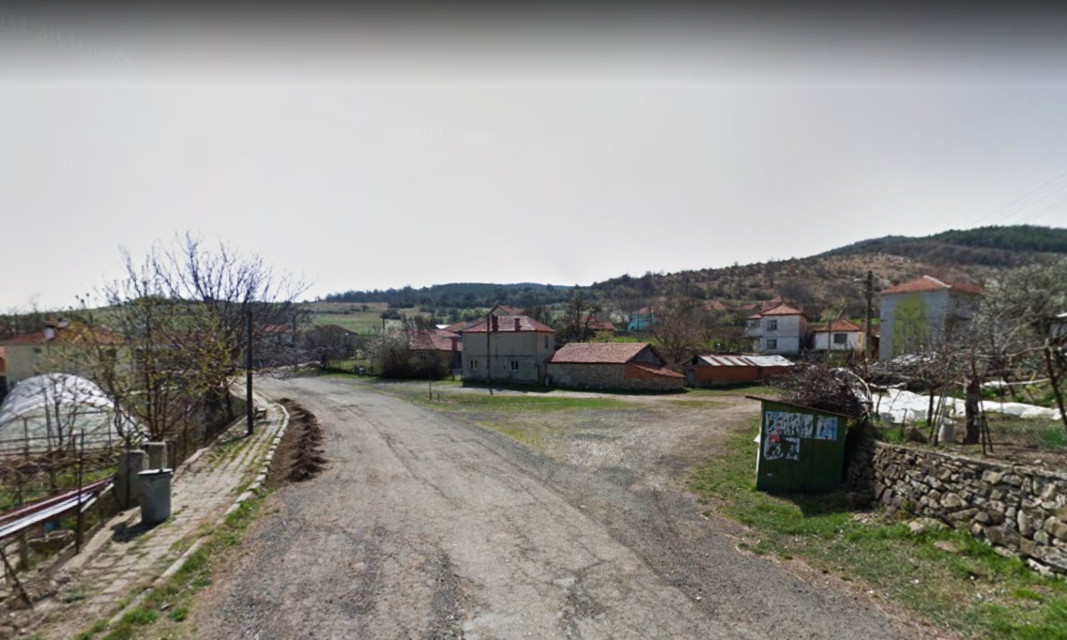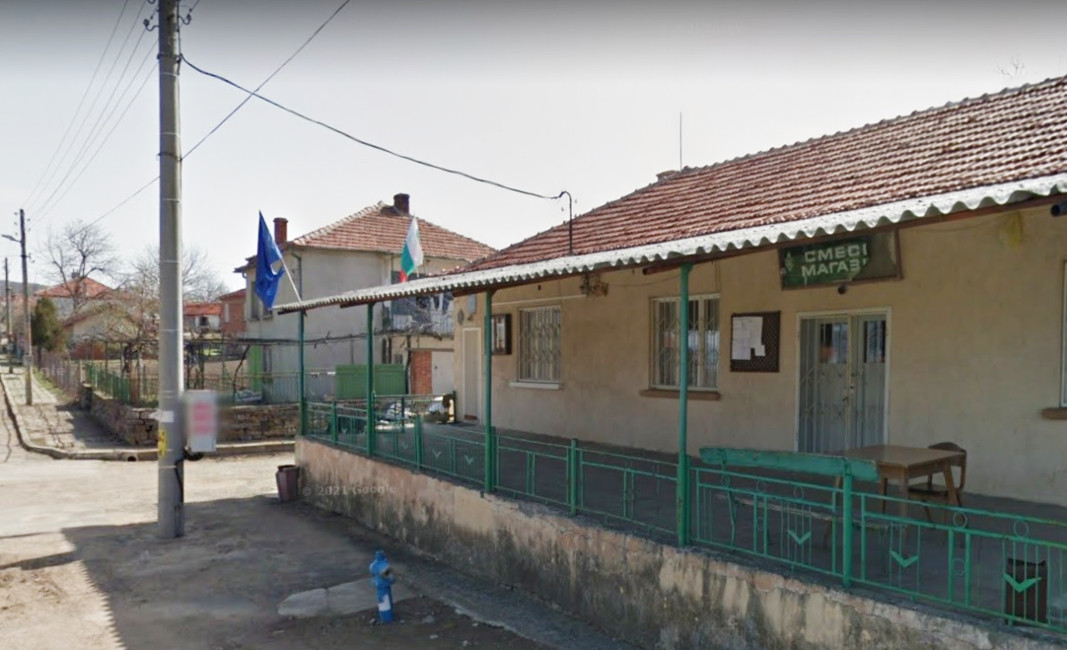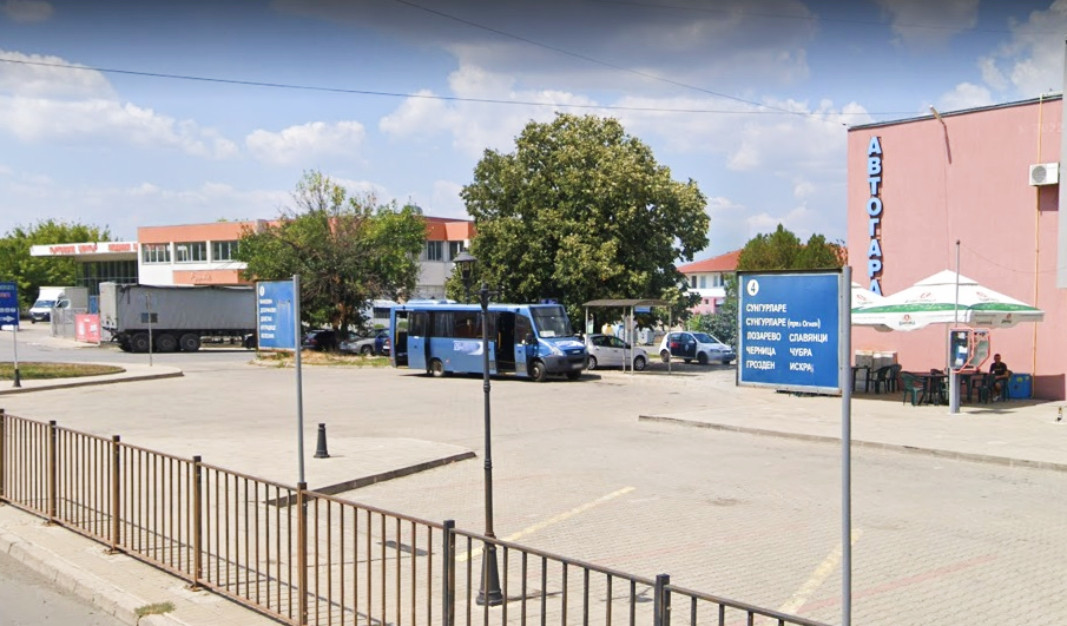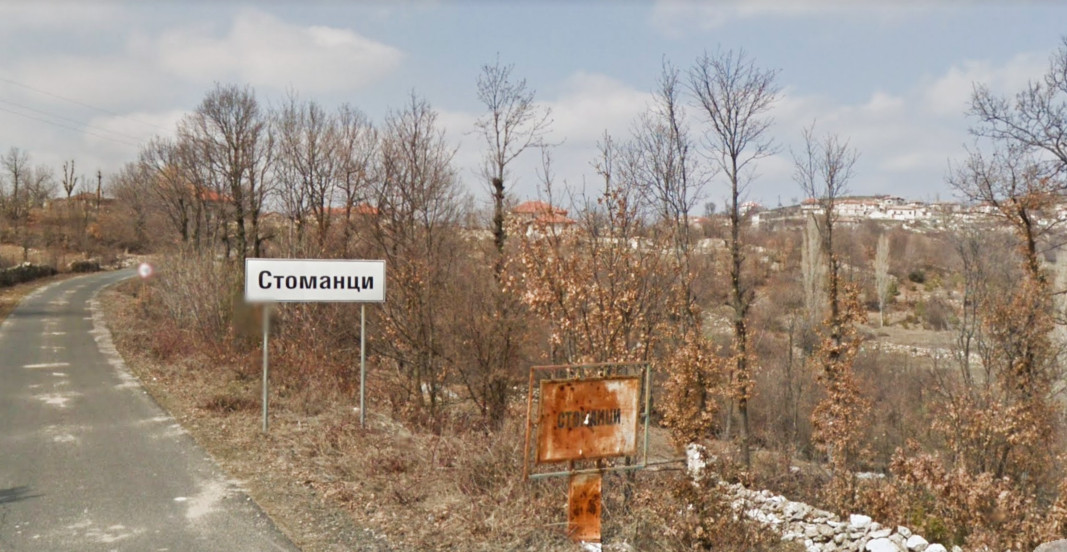Just a few kilometres from the nearest town, yet cut off from the world. This is how the inhabitants of many small settlements in Bulgaria feel, confined to their villages due to the lack of public transport.
There are 60 people living in the village of Bosilkovo, Burgas region, and almost all of them are elderly. There have been no inter-village bus services for a year now and the locals are at the mercy of fate as there is no doctor, nurse or even a pharmacy in the village. In times of need they rely on a helpful person with a car to rescue them.

"We have absolutely no communicationand no bus to travel by," Mayor Albena Momcheva states. Want to know how we cope? – Somehow, as best we can."
"We have absolutely no communication and no bus to travel by," Mayor Albena Momcheva states. Want to know how we are doing? - Somehow, any way we can."
When people have to travel to the regional centre of Burgas, they have to walk the 3 kilometres to the nearest station in the village of Vedrovo. They set off in the morning in the dark because the train leaves at 9 AM. For doctors' appointments and medicines they have to go to the town of Karnobat, which is nearly 19 km away. The only "privilege" for the residents of Bosilkovo is the grocery store in the village.
All villages in the neighbouring municipality of Karnobat are connected by inter-village buses, but in some places these are irregular. Only one company participated in the last public tender for the selection of a carrier. In general, the limited number of passengers and the high costs of the carriers rather doom providing public transport to sparsely populated areas to failure. Nonetheless, Mayor Georgi Dimitrov strongly believes that all people have the right to a transport service that meets their daily needs.
"We have 30 bus stops, but these routes are highly unprofitable as there are often no more than one or two passengers," he says. - In that sense, I understand the transport companies because their buses don't run on water and they have to cover operating costs. On the other hand, people need to be able to come to town at least once a week to buy medicines and other goods that are not available in the village."
The situation is similar in other municipalities - especially those with large areas and remote settlements. Companies are not particularly interested to provide transport there and people at best can use the bus two or three times a week or are left without public transport altogether. Representatives of the bus industry argue that they could maintain loss-making lines in smaller settlements only if the state fulfilled its commitments and subsidised them.
"I hope that the state has already realized that they are the ones who should provide a minimum transport service to all citizens, regardless of where they live - says Rumen Hristov, manager of the largest private transport company in Burgas region. - In the last year and a half, it has somewhat succeeded in fulfilling its social commitment and for the first time paid 90% of the subsidies for 2022. For us, of course, this 10% loss still stands, but against the background of the 50-60% shortfall a few years ago, this is a significant step in the right direction."
A paradox with another Bulgarian village - Stomantsi, Kardzhali district, puts its residents in a stalemate. This is the only village in Bulgaria that is administratively split down the middle - it is located on the territory of two municipalities. This fact creates bizarre situations, says mayor Özcan Ali:
"Half of some people's yards belong to Jebel municipality and the other half to Kirkovo municipality. There are families who pay tax for their buildings to both administrations".
The mayor himself, while saying this, has one foot on the territory of Jebel municipality and the other in Kirkovo.
"If a person wants to get a document, instead of doing it here, at the town hall, he has to go to the village of Ridino," he explains. - Those who are assigned to the municipality of Dzhebel have to drive 45 km on a badly damaged road. Almost all residents want to transfer to Kirkovo municipality - except for two families. One of them has a sick child and is afraid that by doing so he might lose the social benefits for the child. I wrote a report to the regional governor and to the Ministry of Regional Development, but they say that it is up to the two municipalities to find a solution."
And while the village continues to be torn between two municipalities as a result of this administrative chaos, no attempt has been made to asphalt the road to the outlying neighborhoods for almost 25 years. Thus, the people of the Kos neighbourhood have to travel 15 km to reach the village hall, even though the direct road is only 2 km long.
Text by Diana Tsankova (based on interviews by Nina Rangelova, BNR-Burgas and Nahit Dogu, BNR-Kardzhali)
Photos: google.com/mapsA new short film showcasing Bulgaria's natural beauty, resorts and leisure opportunities is set to attract tourists from China and the Middle East. Titled "Bulgaria: A Touch of Nature" and created by Stiliyan Kadrev, the 15-minuteo offers a visual..
Guided by the idea of preserving the Bulgarian spirit, culture and language, with 35 years of experience as a Bulgarian teacher and having worked in different European countries, in 2017, Iliana Boyajieva Smith founded a Bulgarian school in..
President Rumen Radev was a guest at the Elhovo holiday and the celebration of 100 years since its declaration as a town, BTA reported. According to the head of state, the border town of Elhovo "is today a place with spirit and traditions, with..
April 1 was declared International Bird Day in 1906, under the International Convention for the Protection of Birds. The date symbolizes mankind's..
Today, 2 April, on Autism Awareness Day, the Burgas Bridge will be illuminated in blue as a sign of empathy, the Municipality of Burgas announced...
People are increasingly freeing up space for technology that they manage and keep under control. Artificial intelligence is quickly..

+359 2 9336 661
